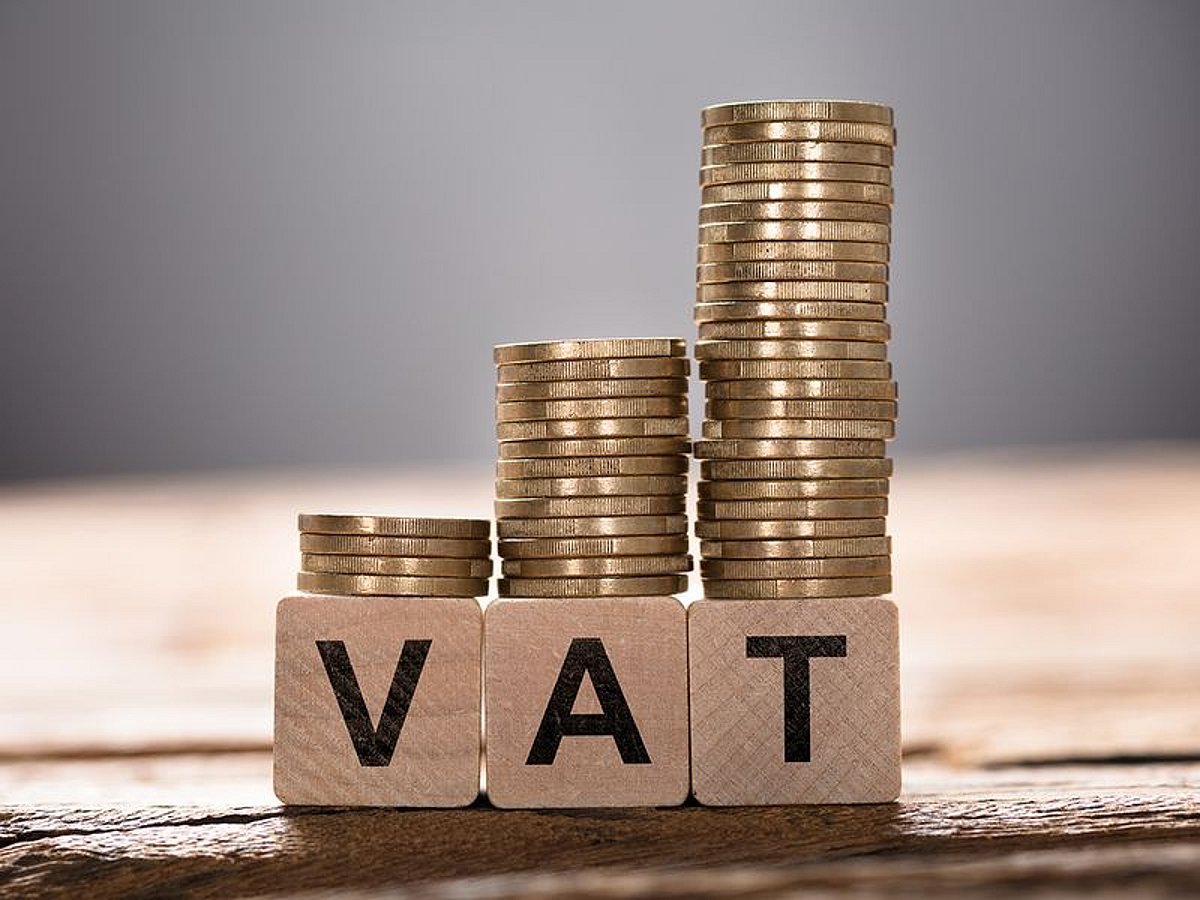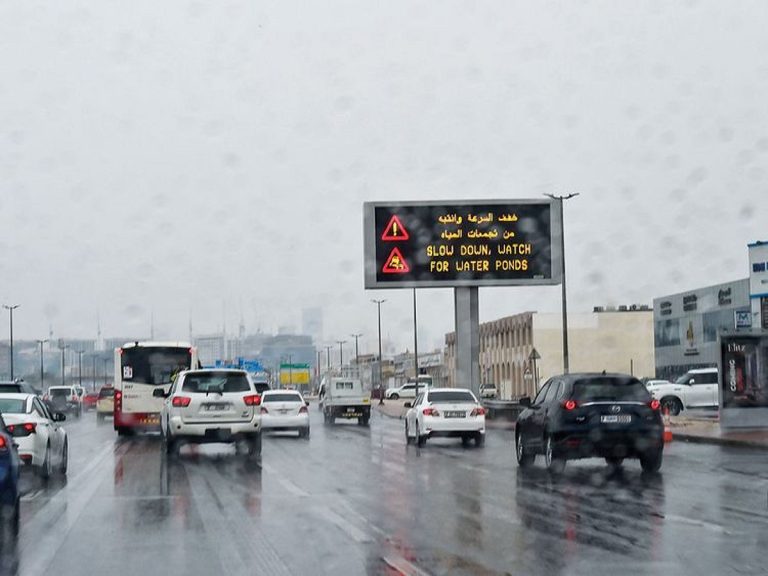VAT Inclusion in UAE Pricing: What Consumers Should Know
In the UAE, clarity in pricing is essential for consumer trust and compliance with tax regulations. The Federal Tax Authority (FTA) mandates that all displayed prices for goods and services must include Value Added Tax (VAT). This ensures that consumers know the total cost upfront, preventing any surprises at checkout.
VAT Regulations in the UAE
According to the FTA, businesses must display prices that are tax-inclusive. This regulation aims to protect consumers from being misled about the actual cost of their purchases. If a retailer charges extra at checkout, it is considered a violation of UAE tax laws. Such practices can lead to administrative penalties, with fines reaching up to Dh5,000 for non-compliance.
To maintain transparency, the FTA encourages consumers to examine their tax invoices closely. A valid tax invoice should:
– Clearly show the applicable tax values – Meet legal standards – Include a valid tax registration number
These invoices are crucial for both buyers and sellers, as they promote transparency and help combat tax evasion.
Reporting Non-Compliance
If you encounter a business that does not adhere to these pricing guidelines, you can report it to the FTA. Complaints can be made by calling their hotline at 800 82923 or by submitting details through the FTA’s official website, tax.gov.ae. This reporting mechanism is vital for ensuring that all businesses comply with the tax laws.
VAT Refunds for Tourists
While VAT is included in the prices displayed in the UAE, eligible tourists can still claim refunds on certain purchases when leaving the country. Although the VAT is part of the purchase price, tourists can receive reimbursements through approved channels, making it a beneficial aspect of shopping in the UAE.
Comparison with Other Countries
In contrast to the UAE’s tax-inclusive pricing model, countries like the United States often display prices before sales tax. This variation can lead to confusion, as the final amount is only calculated at checkout. The UAE’s approach aligns with practices in many European countries and other nations such as Bahrain, Oman, Switzerland, and Vietnam, where VAT is included in the listed price. This consistency helps consumers understand the total cost of their purchases without additional calculations.
FAQs
What should I do if a store charges extra VAT at checkout?
If a store charges extra at checkout, you should report it to the Federal Tax Authority (FTA) by calling 800 82923 or submitting a complaint on their website.
Are tourists eligible for VAT refunds in the UAE?
Yes, eligible tourists can claim VAT refunds on certain purchases when leaving the UAE, even though VAT is included in the displayed prices.
What are the penalties for businesses not displaying tax-inclusive prices?
Businesses that fail to display tax-inclusive prices may face administrative penalties of up to Dh5,000 from the Federal Tax Authority.
Conclusion
In summary, the UAE’s regulations require that all displayed prices include VAT, ensuring transparency for consumers. It is essential for both businesses and customers to understand these rules to avoid confusion and potential penalties. If you encounter any discrepancies, reporting them to the FTA is a straightforward process that helps maintain compliance across the market.
The implementation of VAT in the UAE began on January 1, 2018, as part of a broader strategy to diversify the economy and reduce reliance on oil revenues. The introduction of this tax was a significant shift in the UAE’s fiscal policy, as it marked the first time a consumption tax was applied across the emirates. The revenue generated from VAT is intended to support public services and infrastructure development, contributing to the overall economic growth of the country.
The FTA has also launched various educational campaigns to inform both consumers and businesses about VAT regulations and compliance requirements. These initiatives aim to enhance understanding of tax obligations and promote a culture of tax compliance, which is essential for the sustainability of the UAE’s economy. By fostering awareness, the FTA seeks to minimize instances of non-compliance and ensure that both consumers and businesses are well-informed about their rights and responsibilities under the tax system.
Also Read:
Gold Prices Drop in Dubai: What Buyers Need to Know







